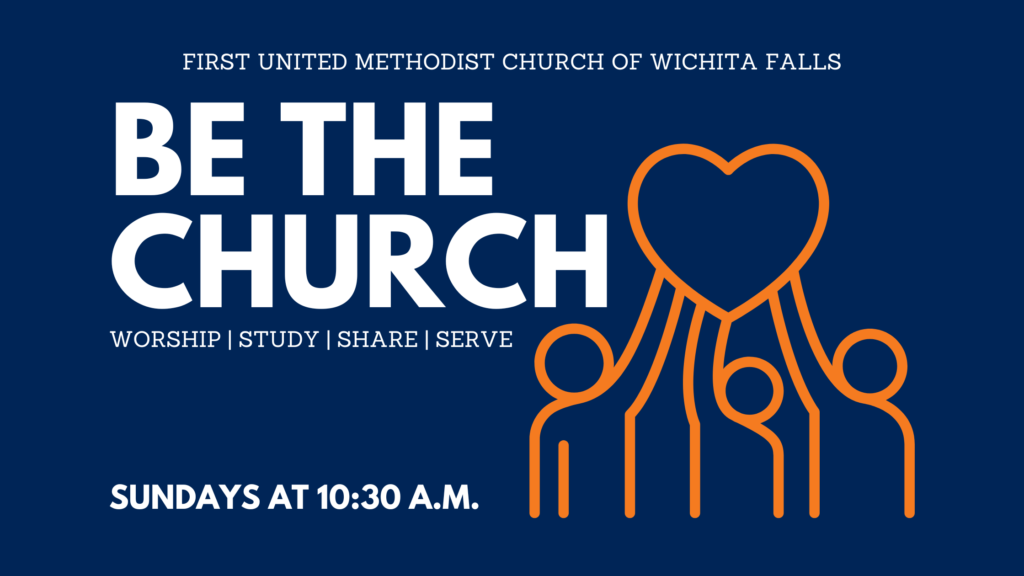
Be The Church
I remember singing a song when I was younger. “I am the church. You are the church. We are the church together. All who follow Jesus, all around the world, yes, we’re the church together. The church is not a building. The church is not a steeple. The church is not a resting place. The church is a people.”
When we talk about being the church, we are talking about more than attending a worship service or activity. We’re talking about representing Jesus in the world as the Body of Christ. We’re talking about being Jesus’ eyes and ears, his heart, his hands and feet for those we encounter.
I was reading a study recently published by the Barna Research Group. The report showed a growing epidemic of loneliness in the United States. Even though we have all kinds of modern ways to connect with each other, more and more people say they are lonely. The news gets worse. According to the Barna study, despite this growing epidemic of loneliness, only 10% of the respondents reported going to church to find community. Only a fraction of people who claim to be lonely are looking to the church for help.
Why is that? Is it because the church is the last place people expect to find community these days? Is it because the church is no longer seen in the culture as a place where relationships can be created and nourished, where no one would have to be alone? No other organization should ever be able to “out-community” the church. The first-century church grew in part because of the way they loved one another. Love should be the defining characteristic of the local church.
I believe that when the local church is working right, there is nothing in our society that can match it for the potential impact it can make in a person’s life. People can find a different kind of comfort, hope, support, and encouragement through their friends at church, when the church is functioning effectively. I can tell countless stories of lives that have been transformed because of the community they found in church. But this only happens when the people of a church are committed to truly being the church, instead of merely going to church.
There are four key elements to transformative church life. I will explore these four in greater depth this month in a series of sermons. The first is worship. There is something powerful that happens when the people of a church come together for the purpose of worshipping God. There is something unique about worship that sets it apart from every other group experience we have. Sadly, the full power of worship is diminished when our attendance habits become more and more sporadic. Worship is often the entry point for people looking for community in the church. And the church is better at creating community when its people are together.
The second element is study. In addition to worship, Christians are called to grow in their knowledge and understanding of the faith together. When we study the Scriptures and the finer points of our doctrine, we learn more about God, ourselves, and each other. When we do this in groups, we can form deep and lasting relationships that help us feel more connected to God and each other.
Third, we are called to share what we have. The early church was known for the ways people were generous with their resources. Ministries were funded and people’s needs were met. There is something powerful that happens when we share with willing, joyful, and grateful hearts. The best way to describe the feeling is that giving makes us more like God. As this happens, our love for God and others grows. This is another way we build community.
Finally, we serve. Our Christian identity is based in our service others. There are an infinite number of ways to do this. Each time we give of ourselves in service to another, we communicate a love and care that makes a person feel seen, feel valued, feel more connected. Christian service is often what makes the most lasting and meaningful impact in people, both for those who are served, as well as for the ones who are serving.
We call this approach “Worship + 3.” I hope you will pray about ways you can invest in your faith and in your relationship with the church using these four pillars as a guide. Let’s be the church together so that God’s love in Christ might be more widely known in our community and beyond. I look forward to seeing you this Sunday!
With love, and joy, serving as your pastor,
Dr. John McLarty
